STORM OF THE CENTURY. Great adaptation of a rare Stephen King’s original script
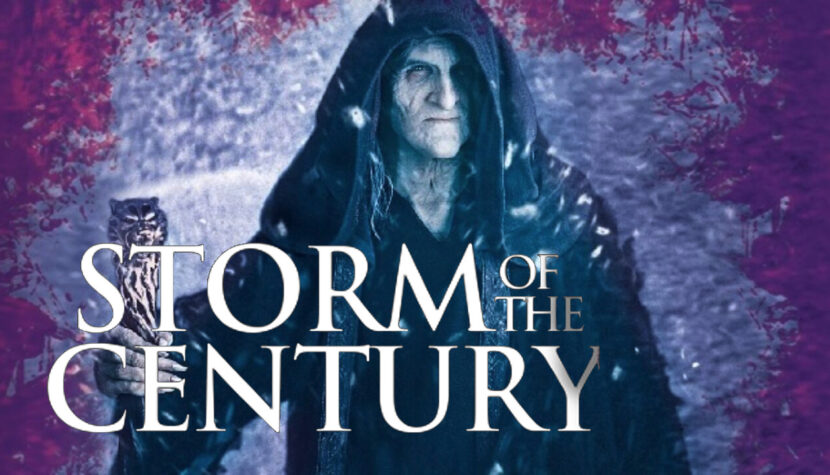
Stephen King’s debut novel, Carrie, published in 1974, was adapted into a film just two years later. Since then, for the Maine-born author, books and cinema have been closely linked.
The Shining, Christine, Stand by Me, Misery, The Shawshank Redemption, The Green Mile, and 1408 are just some of his most famous film adaptations. Additionally, there are TV series like The Mist and Mr. Mercedes, as well as Castle Rock, which is a variation on the themes and characters known from Cujo, one of King’s works. It’s clear that both cinema and television have embraced King’s prose. As early as 1979, Salem’s Lot was adapted into a two-episode miniseries for the small screen. The writer himself may have considered this format most suitable for adapting his ideas, especially for extensive works like It, released in 1990, and the later The Stand (both of which, in their book form, have well over 1,000 pages). King also used television to do justice to his version of The Shining, overseeing the production of a four-and-a-half-hour, three-episode series in 1997. Personally, I think the best thing the American writer ever did in a TV series format is Storm of the Century.
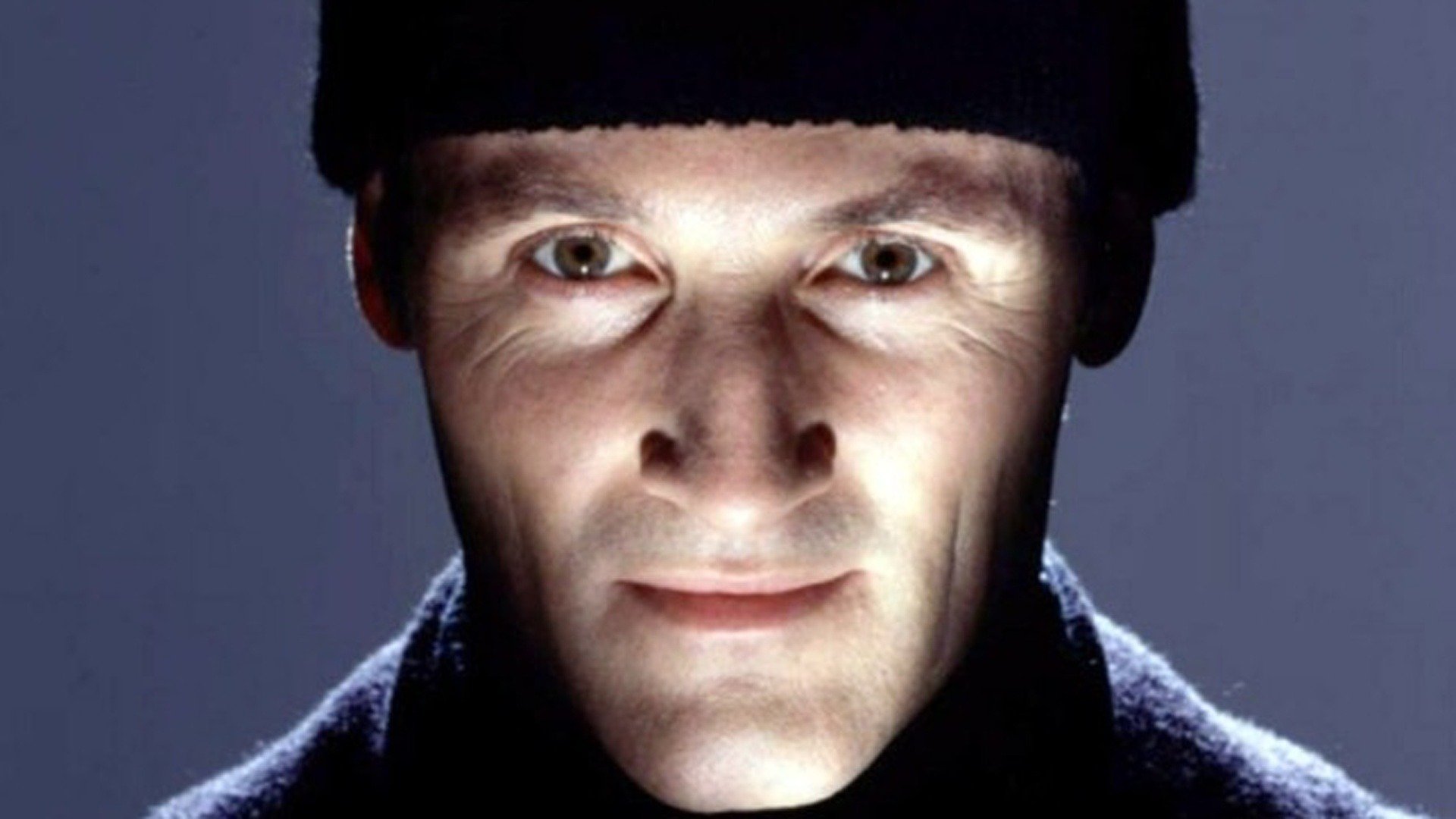
The small island town of Little Tall in Maine is facing the titular storm, described by meteorologists as the biggest in over 100 years. Constable Mike Anderson tries to ensure that in the event of a catastrophe, the residents are prepared for the worst. However, the initial scenes suggest that this is a close-knit and resourceful community, and nobody doubts that they will manage. Meanwhile, a stranger, Andre Linoge, appears on the island. He first murders an elderly woman in her home, and after his arrest, he starts a strange game with the locals. It seems that Linoge knows all their secrets and doesn’t hide these revelations, causing turmoil among those involved. He keeps repeating, “Give me what I want, and I will go,” but doesn’t explain why he came to Little Tall Island. Soon, Anderson and the other residents realize that they are dealing with a demonic entity, something that could threaten them more than the raging storm.
In vain, you would look for the literary source since Storm of the Century is one of the few cases of a film based on an original screenplay by King. Nevertheless, the miniseries, directed by Craig R. Baxley, a former stuntman and author of B-action films (Action Jackson, I Come in Peace, Cold as Ice), draws heavily from King’s favorite themes. We have a closed community, which, at first glance, appears close to ideal, but the subsequent revelations shatter that illusion. There’s supernatural danger in human form, and as the end draws near, it reveals its true, fantastic nature. There are biblical quotes and an attempt to attribute devilish qualities to the main evil character. As a result, watching Storm of the Century is somewhat like other TV adaptations of King’s work, where the running time allows for including everything from the book. In most cases, this works to the detriment of these stories, unnecessarily drawn out, dramatically inept, aiming for epic horror and questionable special effects. King has never been known for his restraint, and it’s most evident in productions he has control over. Hence, no one remembers his film adaptation of The Shining, and the best adaptations stand out for their excellent sense of what to keep and what to cut from the book.
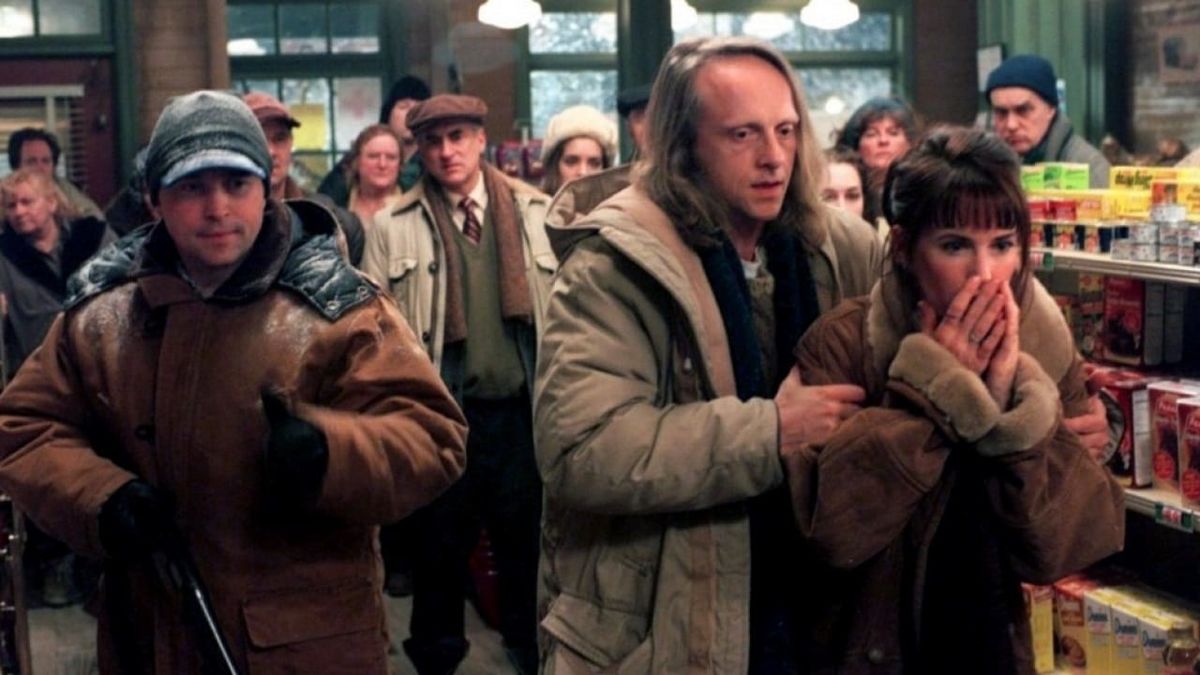
Storm of the Century is different. Despite its four-hour length, there are surprisingly few moments of downtime. Yes, there are plenty of characters and dialogues, but this is necessary to make the relationships between the characters credible and to build the necessary foundations for the finale. Baxley also skillfully balances moments of horror, quiet and intimate, with catastrophic images of the storm that increasingly devastates the town (excellent production work!) and scenes of sudden deaths. Some commit suicide for no apparent reason, while others are killed by their loved ones. The storm catches others by surprise. And behind it all is Linoge, a character who is aloof, cold, clearly amused by the entire situation. Played by Colm Feore, he is disconcerting through his exceptionally restrained means of expression. It’s easy to overact when portraying an embodiment of evil, but the actor, known mainly for his role as Lord Marshal in The Chronicles of Riddick, focuses on words, their intonation, and accent instead of gestures and facial expressions. Considering that Linoge uses what he says to subdue the townspeople, making them believe in his power, Feore’s approach to this character seems obvious. But the director also knows how to depict the newcomer, so that danger is expressed through his very gaze. It’s most visible when the villain sits motionless in his cell, staring at the people guarding him. Another time, in one of the eeriest scenes in the film, the entire community has the same dream in which Linoge takes on the roles of a TV preacher and a reporter (in both cases under heavy makeup), explaining the consequences of not obeying him – although Feore is practically unrecognizable here, his eyes are strangely familiar, which adds to the horror of the situation.
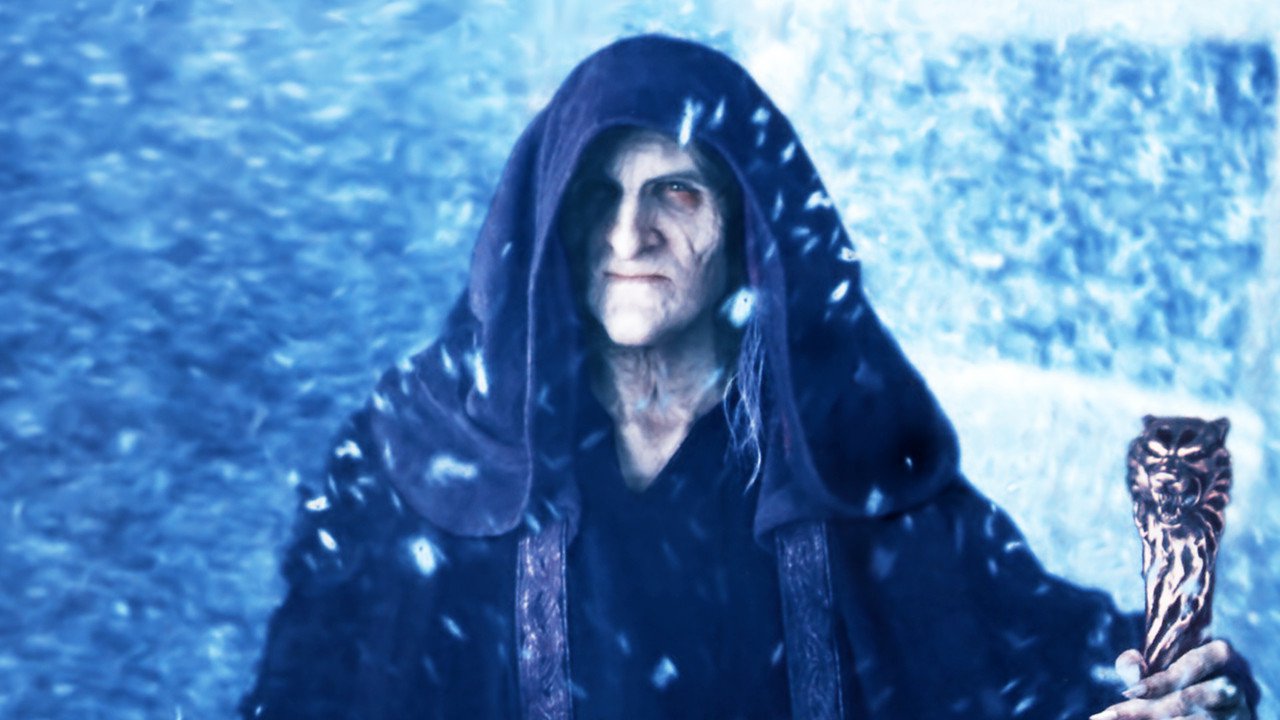
What stands out and demonstrates the superiority of Storm of the Century over other TV adaptations of King’s works is the resolution, merciless and even gloomier than what one might expect from a master of horror. When the purpose of Linoge’s arrival on the island and the purpose of the demonstration of his power become apparent, the horror rises to the level of tragedy, in which the inhabitants of Little Tall wouldn’t have made any choice, he would have persecuted them for the rest of their lives. Just as King has the habit of depicting evil lurking in a small American town, slowly destroying it from within, often through human imperfections, here sins and imperfections are something that binds the community, enabling it to continue to exist, as long as the residents stick together. Only one person breaks away, Mike Anderson, realizing in Linoge’s ultimatum a threat greater than the loss of life – damnation. Religious symbolism is strong here, but it makes the ending even more powerful, showing the powerlessness of the individual not only in the face of inexplicable evil but also in communal life. In these final scenes of Storm of the Century, Tim Daly, who plays Anderson, does a wonderful job portraying his character in a hopeless situation, devoid of support in law, family, and the principles that have constituted his life until now. Suddenly, the constable’s greatest enemy is not the stranger, but the town to which he belonged and served. Linoge himself calmly waits for the events to unfold, aware of the power of human imperfection.
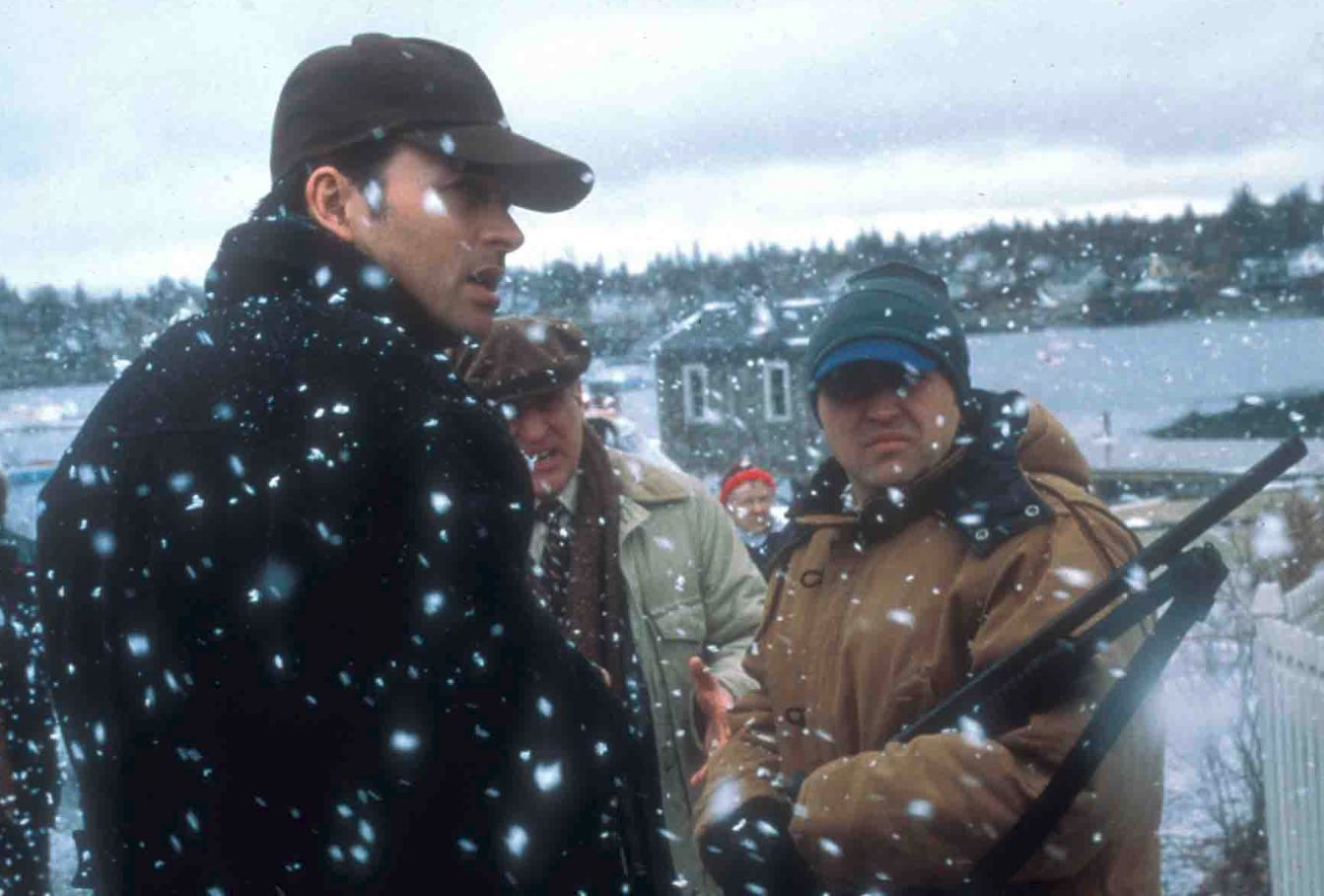
Baxley faced King’s imagination twice more – first in the story of a haunted house (Rose Red) and later by adapting Lars von Trier’s Kingdom into an American setting (The Kingdom). However, Storm of the Century remains his greatest achievement and simultaneously the best Stephen King has given to television. Largely because the famous author leaves us with questions and doubts, giving viewers the opportunity for their own interpretation and even adding their own perspective on the moral of this story. For the undersigned, horror doesn’t end with the departure of evil but remains within the characters for as long as they are forced to remember their choices.

